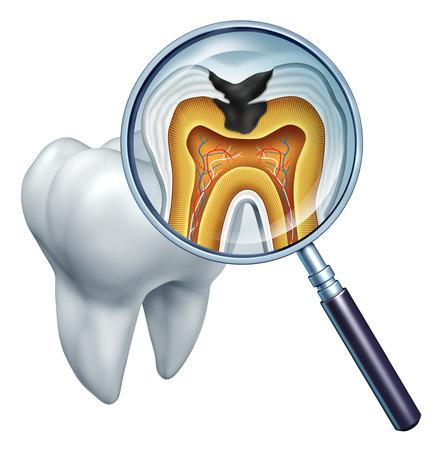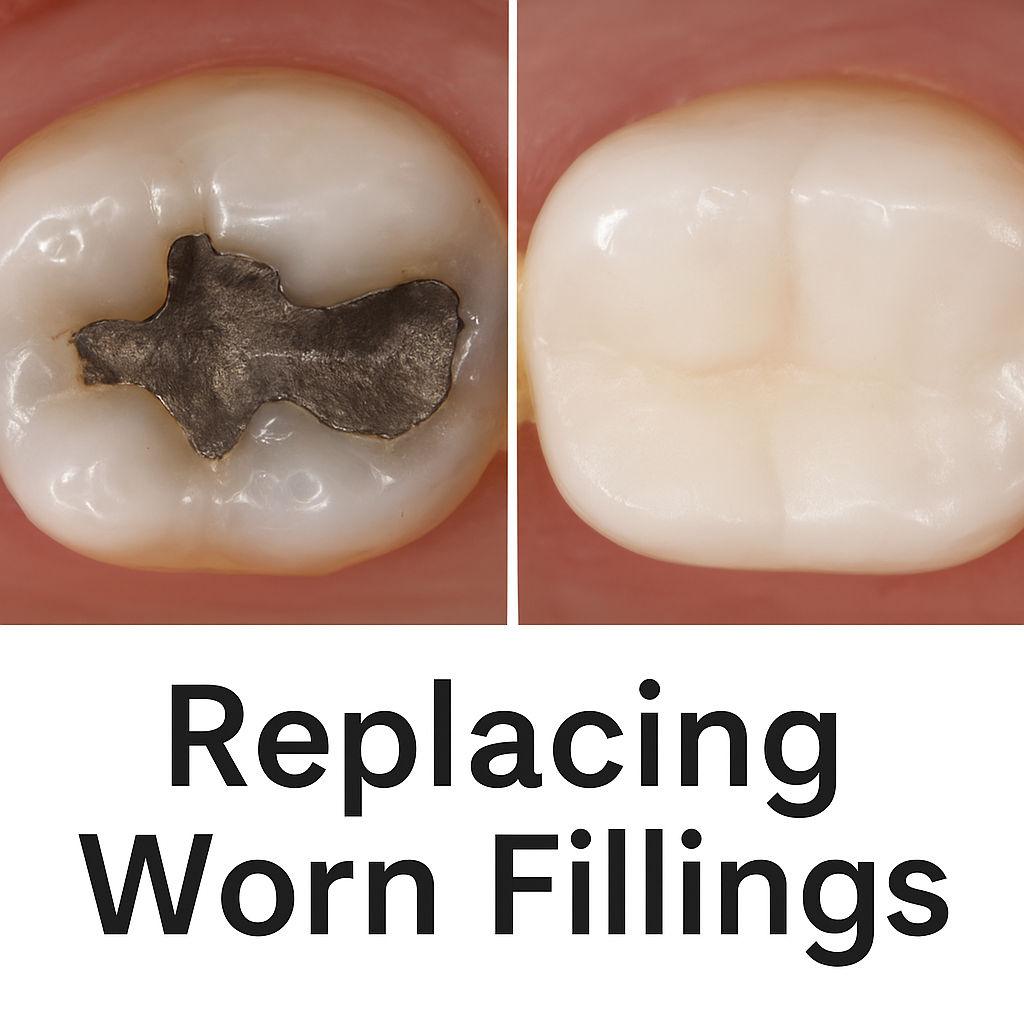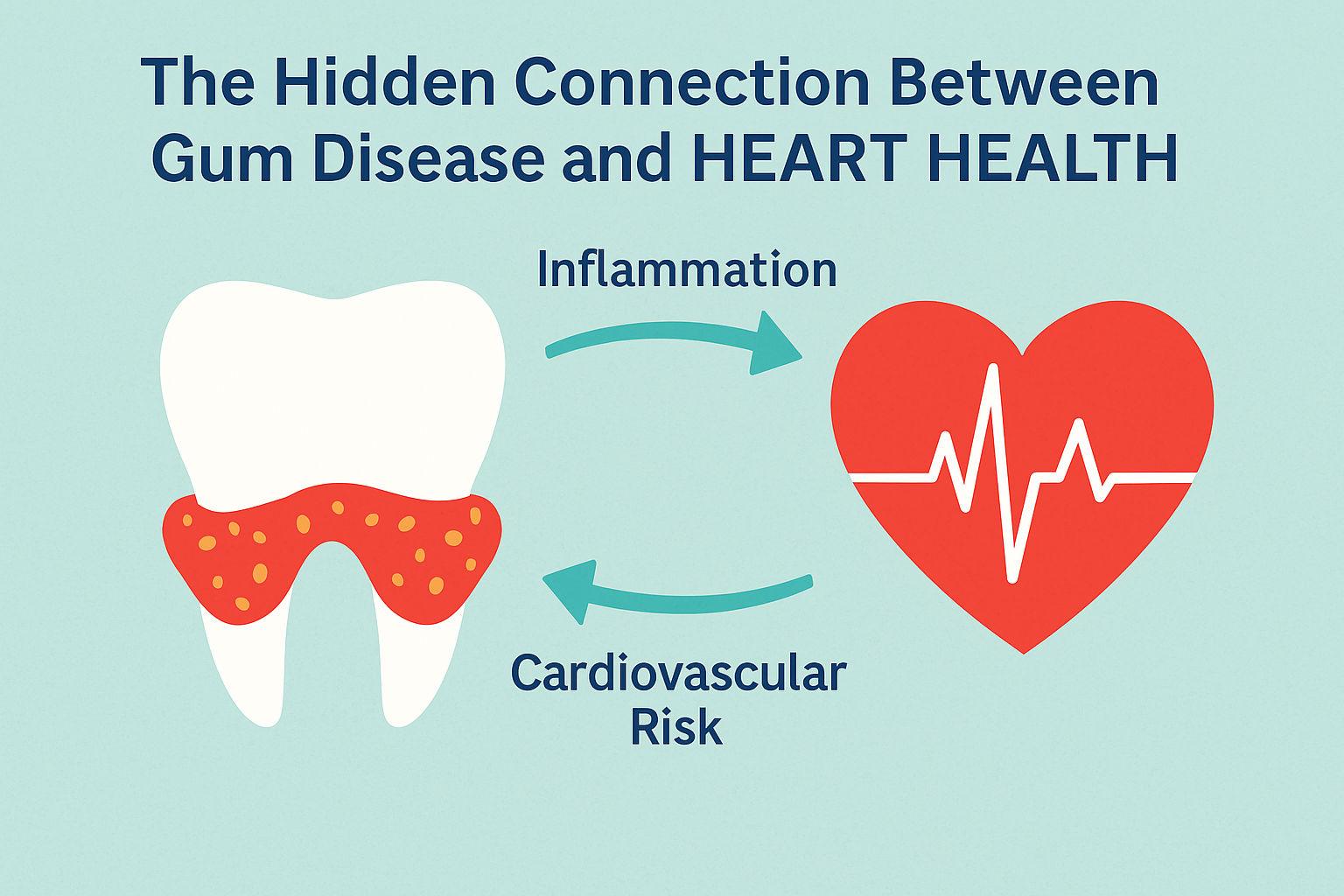Apparently this week was national root canal awareness week. I don’t really buy into any of these “awareness” gigs—I’m sufficiently apathetic to the concept of “awareness” that I even refuse capitalize “root canal awareness week”—but I would like to write a few things about root canals now that the topic is on my mind. If you have ever had a nasty, painful, wake-you-up-in-the-middle-of-the-night toothache, you know that a root canal is the only thing on earth that can give the sweet relief you crave. Unfortunately root canals continue to be one of the most misunderstood treatments in all of dentistry. I’d like to shed some light on a few myths about root canals and provide a little “awareness” on the topic.
Myth #1 – It’s better to pull your tooth and do an implant than do a root canal
If possible, the best option is always to save your natural tooth. If a tooth is too broken down or something like severe periodontal disease has compromised its surrounding tissues, then an extraction might be a better option. Most people don’t know that there’s a big difference in how root canals and implants feel. A root canal tooth has the advantage of preserving a tooth’s surrounding structures, including the periodontal ligament, which allows a tooth slight movement (think shock absorbers) when you bite down hard. Implants are an immovable piece of metal that feels a little foreign. Don’t get me wrong, dental implants are a wonderful restoration, but there’s nothing that can adequately substitute the feel of a natural tooth in your mouth. Financially, a root canal is almost always more beneficial than implant restorations. Root canals also have an excellent success rate if good hygiene practices are kept.
Myth #2 – Root canals hurt
Root canals are a therapeutic procedure that relieves pain. The perception that root canals are painful probably dates back quite a few years when the nice materials, anesthetics, and technology we have today were not available. Many people also strongly associate root canals with pain because that’s the primary thing you look back and remember from a bad experience. In actuality, patients feel no different during root canals than they do during fillings or any other procedure. Really the only factor that would prevent most people from being profoundly numb during a root canal procedure is the presence of infection. An infected tooth typically requires antibiotics before initiating any kind of treatment.
Myth #3 – Root canals cause other problems in your body
One of the people I’d most like to go back in time and punch is Dr. Weston Price who practiced in the early 1900s. He published a book about how root canals were dangerous and toxic, an idea which went against dental thinking of both his time and modern science. His ideas are still being regurgitated today in prestigious and credible venues such as Facebook. You certainly won’t find any of Price’s ideas taught in dental schools and the ADA thinks he’s an absolute nut. You just have to love internet medicine! The fact of the matter is that there is no credible evidence or scientific data supporting any kind of link between root canals and disease elsewhere in the body. Dr. Price advocated extraction over root canal therapy in 100% of cases because of the potential for bacteria to enter the blood stream via the root canal process. It is ironic that extraction is a far more invasive procedure that introduces more bacteria into the blood stream than a root canal—which isn’t a problem except in rare cases (e.g. someone with an extremely weak immune system). The presence of bacteria does not constitute infection. It would surprise you to learn just how much bacteria you have in your mouth and other areas of your body; this is the normal and natural state of things. If you look hard enough you can still find dentists who are Weston Price disciples today; if that’s your thing, go for it, but I’d advise sticking with mainstream, evidence-based dentistry.
-Nicolas K. Young, DMD










